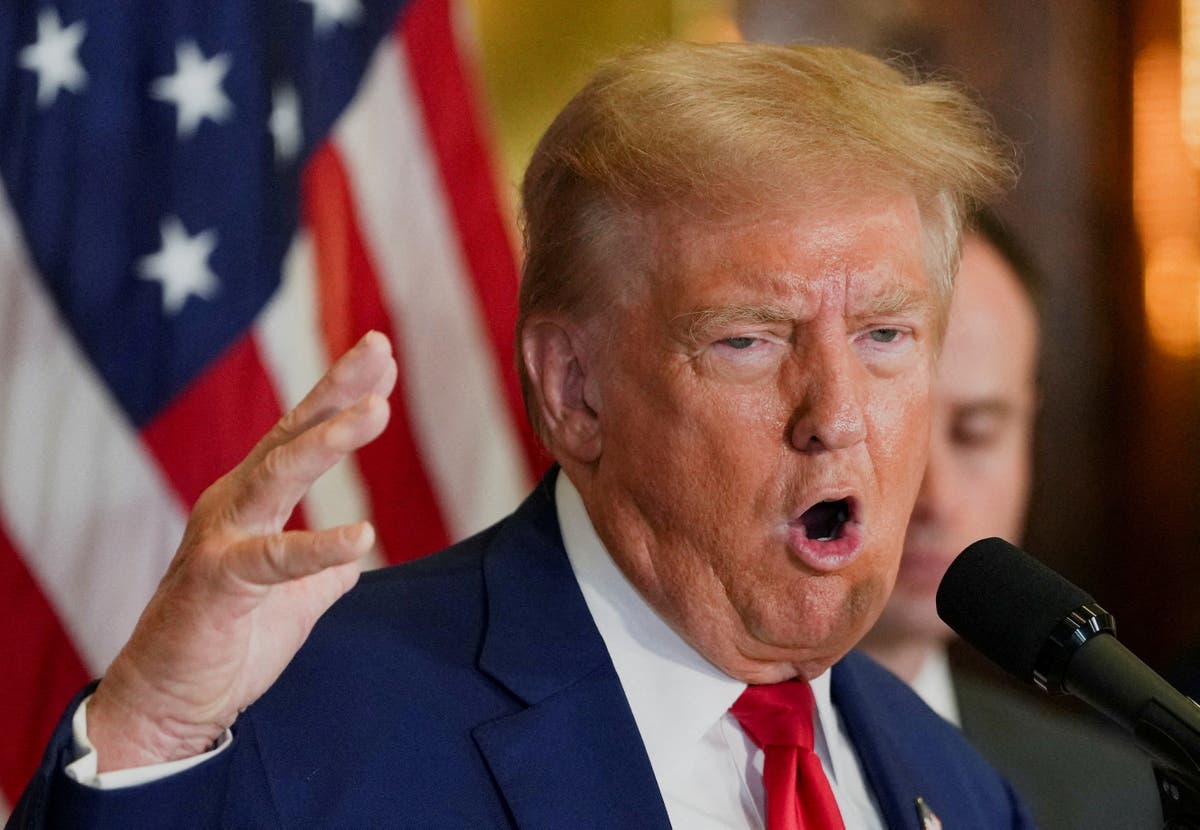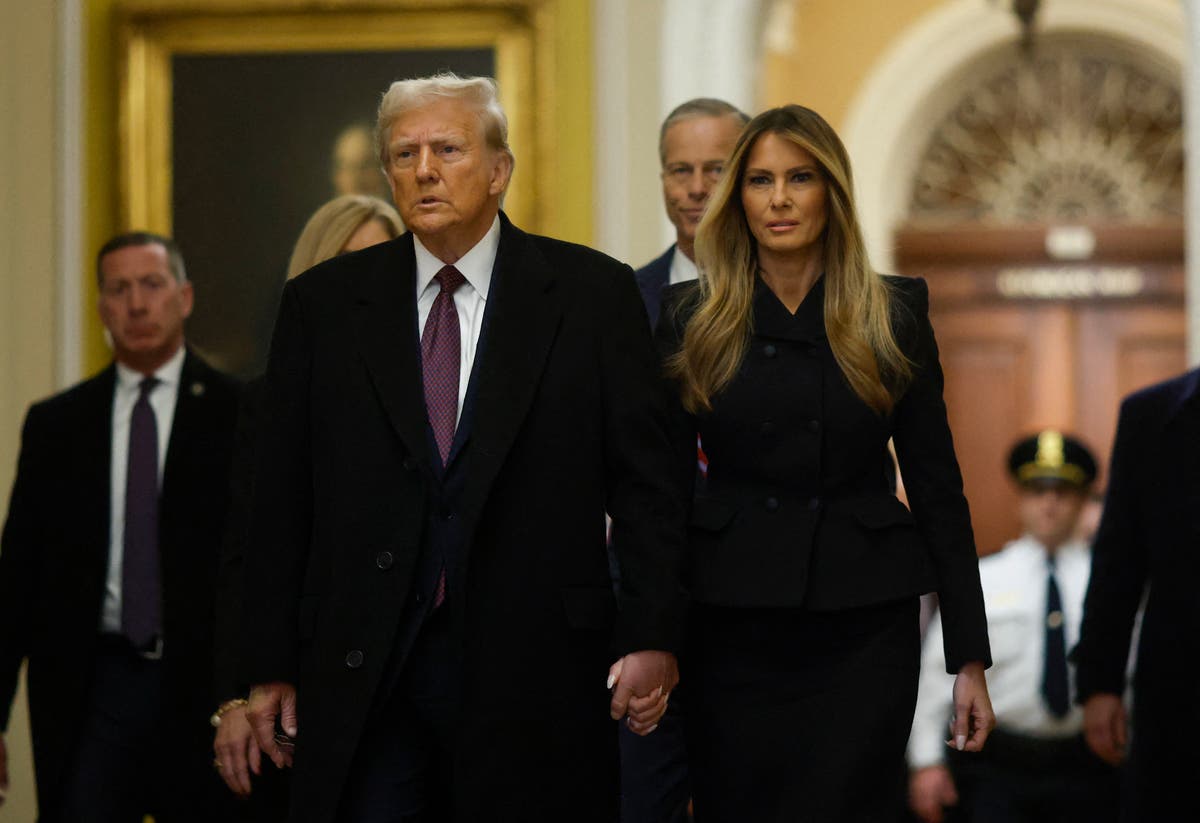Guyana's government is appealing to the International Court of Justice (ICJ) to halt Venezuela's plans to establish a governor in the disputed Essequibo region. This strategically vital territory, claimed by Venezuela, is rich in resources, including oil and gas, and comprises two-thirds of Guyana's landmass.
Guyana contends that Venezuela's proposed election violates a 2022 agreement aimed at de-escalating tensions. The Guyanese foreign ministry asserts this move is a blatant breach of international law and the UN Charter, as the Essequibo region is firmly within Guyana's sovereign territory.
Guyana's request for provisional measures reflects its serious concern. The country argues that Venezuela's actions not only undermine the ICJ's authority but also jeopardize the ongoing legal proceedings.
The dispute dates back to 1899, when international arbitrators determined the border following the British colonial era. Venezuela, however, disputes the validity of the 1899 demarcation, citing a later 1966 agreement.
The oil and gas discoveries off Guyana's coast in 2015 have heightened tensions. Current production stands at 650,000 barrels per day, making the area even more valuable. Guyana's latest appeal follows a previous dispute over Venezuela's military construction on the Ankoko Island.
Despite past attempts at mediation, the ongoing disagreement underscores the critical need for a definitive resolution to safeguard the regional stability and respect for international boundaries. A ruling from the ICJ is anticipated but is not expected this year, as Venezuela has until late August to respond to Guyana's arguments.







